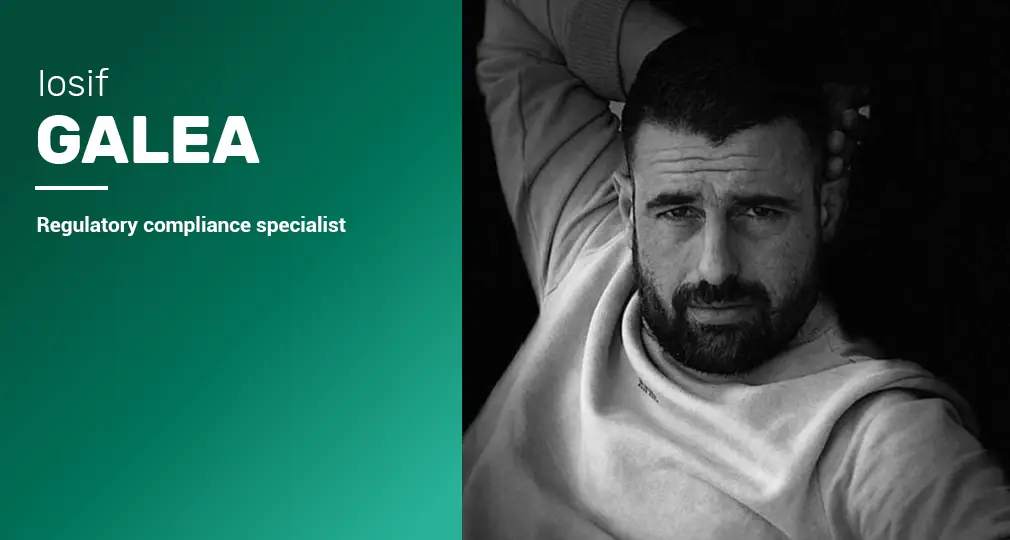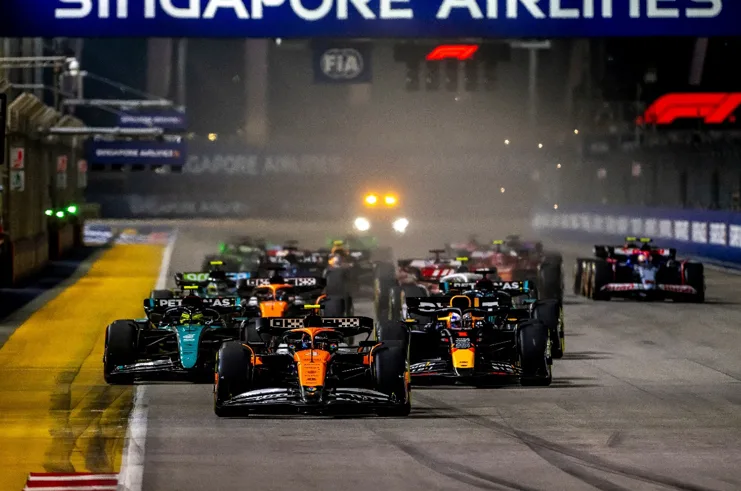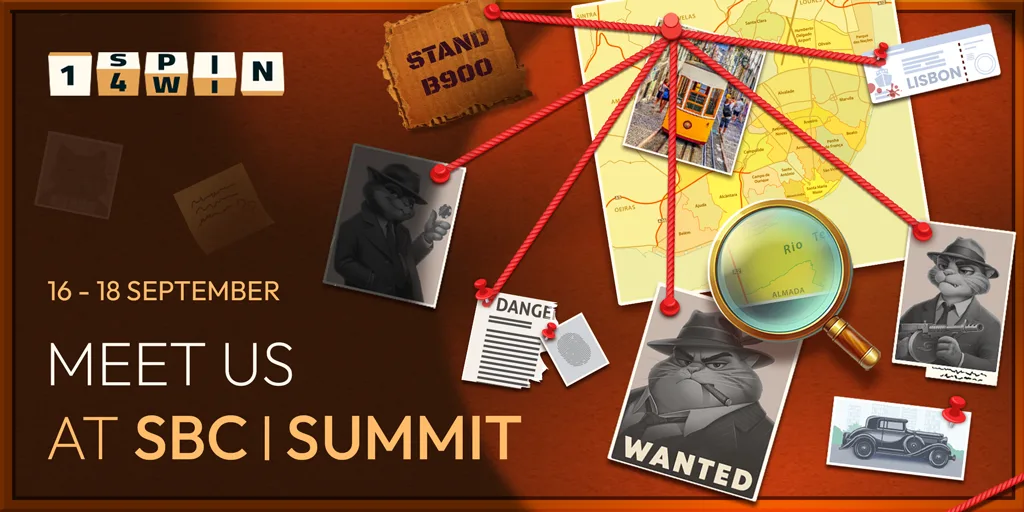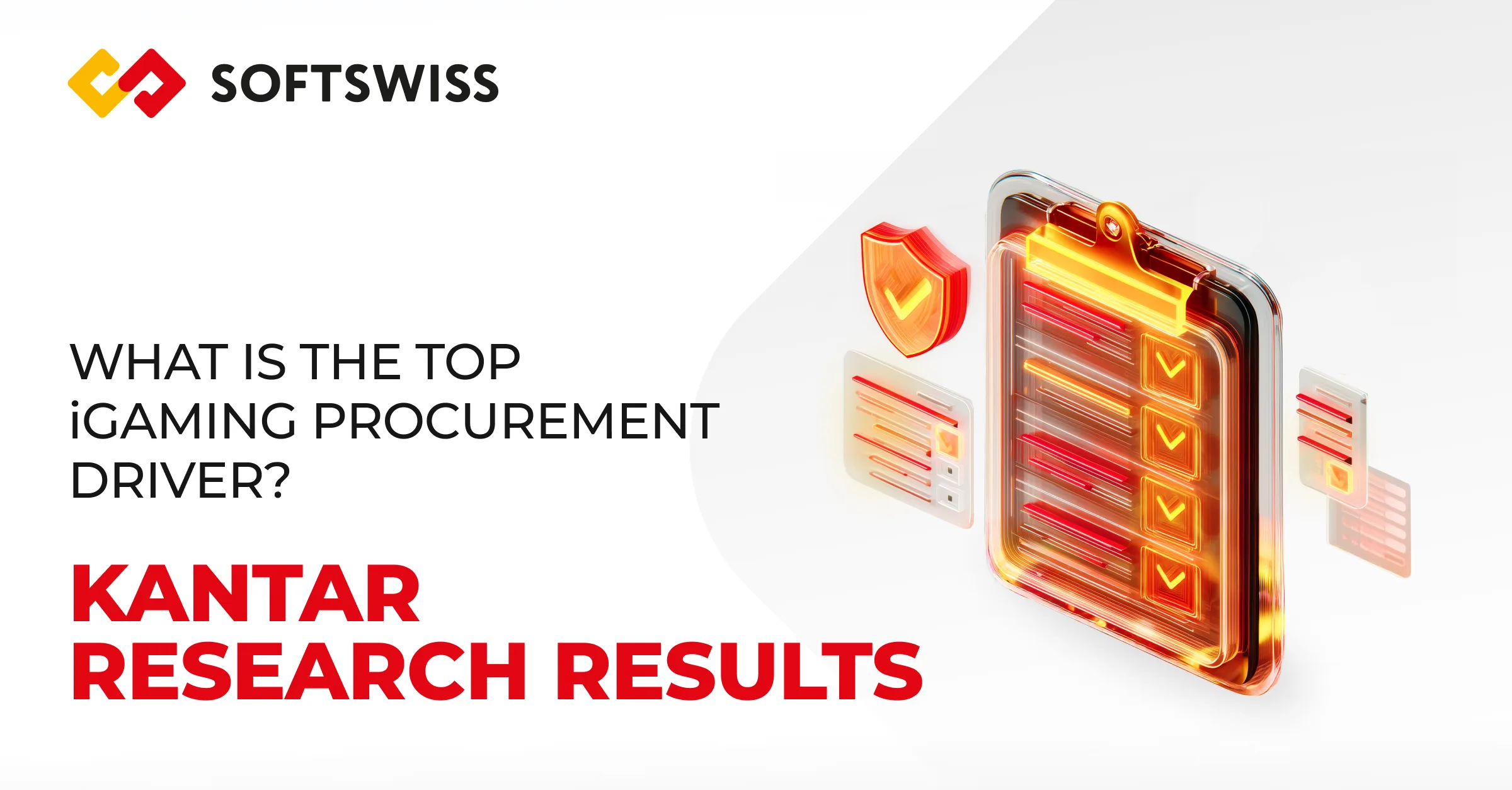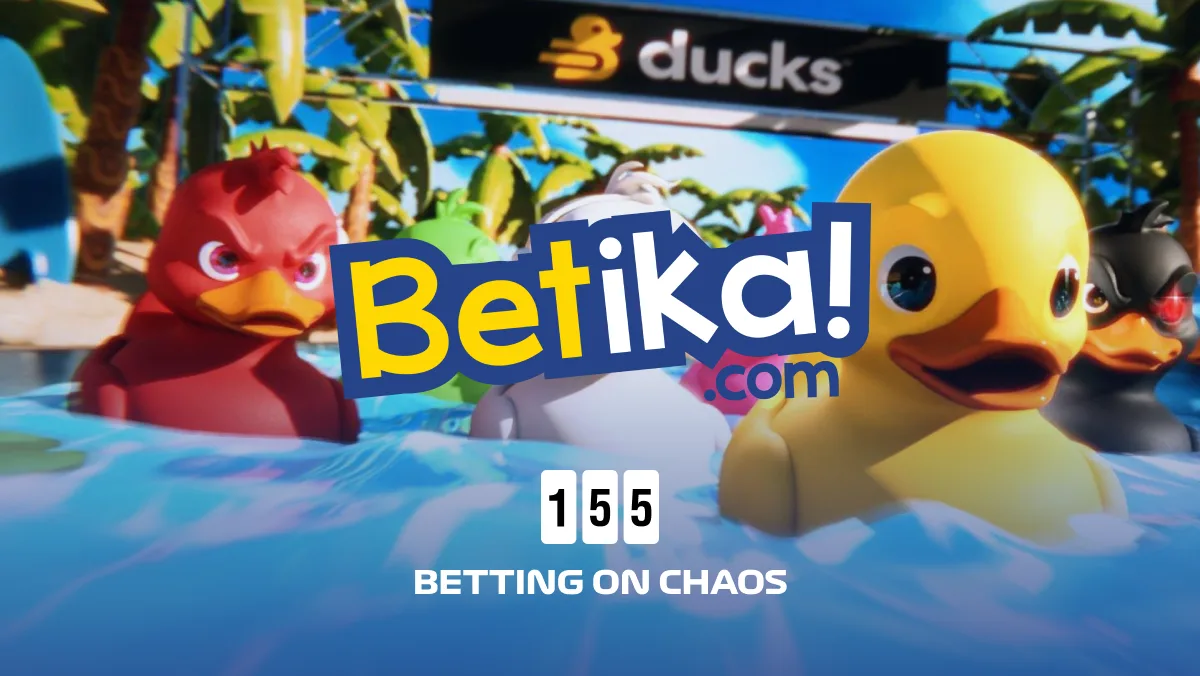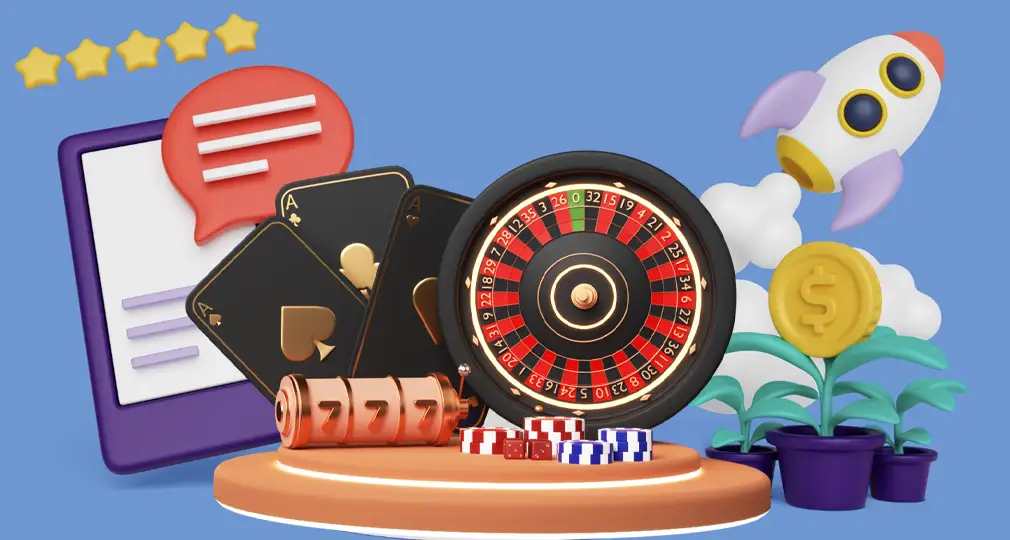Iosif Galea, the regulatory compliance specialist, has shared the essential information about the gambling regulations in Malta and requirements for operators who are going to launch a virtual casino in this country.
What is the biggest regulatory obstacle for operators in the gambling market in Malta?
The Malta Gaming Authority (previously called the Lotteries and Gaming Authority) is the government-appointed regulator in Malta, responsible for regulating online gambling and issuing operators with licenses, allowing them to operate in the region.
The MGA also has quite a strict initial vetting process for companies wishing to acquire a license. Operators must prove that they meet all the license criteria, as well as having robust safeguards and procedures in place to ensure players experience a fair gaming environment at all times.
The license criteria are regularly updated, and the MGA continually review and monitor operators whom they’ve granted a license to. It helps to ensure that you can experience peace and mind when playing at an MGA-licensed site, knowing you’re gaming in a safe, fair, and transparent environment.
Favored by both players and operators, the MGA is known for being one of the world’s most involved and attentive online gambling regulators, and, unlike some of the smaller regulators, they don’t fear to intervene in cases where operators are acting unfairly.
Is it difficult for international operators to get a gambling license in the country? What are the main requirements for such companies?
During August 2018, the legal overhaul by the MGA came into effect and the application process was harmonized into a singular stage. Applicants/iGaming operators can submit all the required information at one go through the MGA electronic portal, and the MGA commits itself to the analysis of all information via multiple internal process streams.
In the application stage, the MGA assesses whether an applicant:
- is fit and proper to conduct gaming business;
- is correctly prepared from a business strategy perspective;
- has the operational and statutory requirements to meet the obligations prescribed by law and policy;
- has correctly implemented and tested, on a technical environment, what has been applied for, before going live.
iGaming license fees applicable to licensees in Malta are comparatively less expensive than other gaming jurisdictions.
All B2C gaming services licensees are subject to an annual fixed license fee of €25 000, except for suppliers of type 4 games, who are subject to an annual fixed license fee of €10 000 instead.
On the other hand, the license fee for B2B critical gaming supply licensees varies between €25 000-€35 000, depending on their annual revenue. Moreover, a reduced license fee of €10 000 applies if the critical supply licensee supplies solely to type 4 game providers. Lower annual license fees apply to B2B licensees providing critical gaming supplies consisting only of back-office related services, such as provision and maintenance of software.
Depending on the revenue generated, the gaming license fees regulations impose a compliance contribution solely on B2C gaming service providers in terms of a sliding scale.
Below is the minimum/maximum compliance contribution payable in any period.
| B2C License Type | Minimum Compliance Contribution | Maximum Compliance Contribution |
| Type 1 Gaming Services | €15 000 | €375 000 |
| Type 2 Gaming Services | €25 000 | €600 000 |
| Type 3 Gaming Services | €25 000 | €500 000 |
| Type 4 Gaming Services | €5 000 | €500 000 |
It is important to note that B2C gaming services providers that qualify and are duly approved by the MGA as a start-up undertaking are entitled to a one-year exemption on compliance contributions. B2B critical gaming supply licensees are not subject to compliance contributions.
Why Malta is a perfect place of development for iGaming start-ups?
So far mostly known for its vital gaming sector, Malta is also home to a small but growing startup ecosystem with great English-speaking tech talent, governmental support, and a safe business environment. Brexit might even accelerate this development since English speaking entrepreneurs from the UK and abroad might favor frictionless access to the EU market also in the future, while enjoying the benefit of affordable office space, and lower living costs than in many other EU countries.
Bolstering a strong worldwide reputation, the Malta Gaming Authority (MGA) regulates one of Malta’s major economic contributors – the local remote and land-based gaming industry. There are approximately 450 remote gaming licensees in Malta, including online casino licenses and 266 companies, namely iGaming/betting companies (Malta), Malta video games companies, etc.
Whilst also regulating all types of gaming and gambling businesses/activities, including national lotteries, bingo halls, casinos, gaming parlors, and remote gaming.
Whilst being the pioneer in the iGaming sector, thanks to its excellent foresight and track record, the MGA always strives to achieve its main aim – encouraging innovation in this technological sector while protecting players.
Undisputedly, Malta has long been a Mecca for gaming companies and suppliers. The island is the place of origin of regulated online gaming. Nowhere has iGaming taken off as briskly and been as rapidly embraced as it has in Malta.
The first online gaming businesses were set up in Malta in the late 1990s, well before the iGaming boom. Therefore, Malta can boast almost two decades of growth in the iGaming sector.
In terms of Maltese gambling laws, what regulations do you find contradictory?
A Maltese gaming license allows companies wishing to carry on or otherwise provide gaming services in or from within Malta, including but not limited to games of chance, such as slots or casinos, fixed odds betting, such as racebooks or sports pools, peer-to-peer games, such as poker, bingo, or controlled skill games.
Any gaming company wishing to target Maltese players or otherwise carry on gaming services in or from within Malta would need to apply for a gaming license with the MGA.
The license covers the types of games to be offered, along with the services to be provided, either Business-to-Business (B2B) services or Business-to-Consumer (B2C) services.
What is your prediction about the final 2020 revenue in the online gambling sector in Malta? Will it considerably fall?
The Malta Gaming Authority (MGA) is expecting B2C gross gaming revenue for 2020 to fall by 12%, which is even below initial forecasts as a result of the disruption caused by COVID-19.
After surveying with online operators this month, the regulator has published its findings in a report assessing the impact of the COVID-19 pandemic on the Maltese gaming industry. Licensees of the MGA were also polled on key industry concerns, and mitigating actions taken by operators.
It is not surprising that type 2 games, which include sports betting, are expected to be hit the worst with sporting events around the world suspended. Gross revenues for them are expected to be around 40% lower than earlier projected in 2020. Games covered by type 1 license, such as table games, lotteries, and virtual sports, are said to have seen a rise in revenue, but not at a rate that offsets the type 2 decline.
Additionally, as many as 38% of B2B companies surveyed have opted to postpone planned investments due to the uncertainty caused by the pandemic.
Those active in both B2C and B2B fields are also predicting a 20% decline in revenue for the year, with over 60% of these businesses postponing investment plans.
Read more: Best iGaming Aggregators






